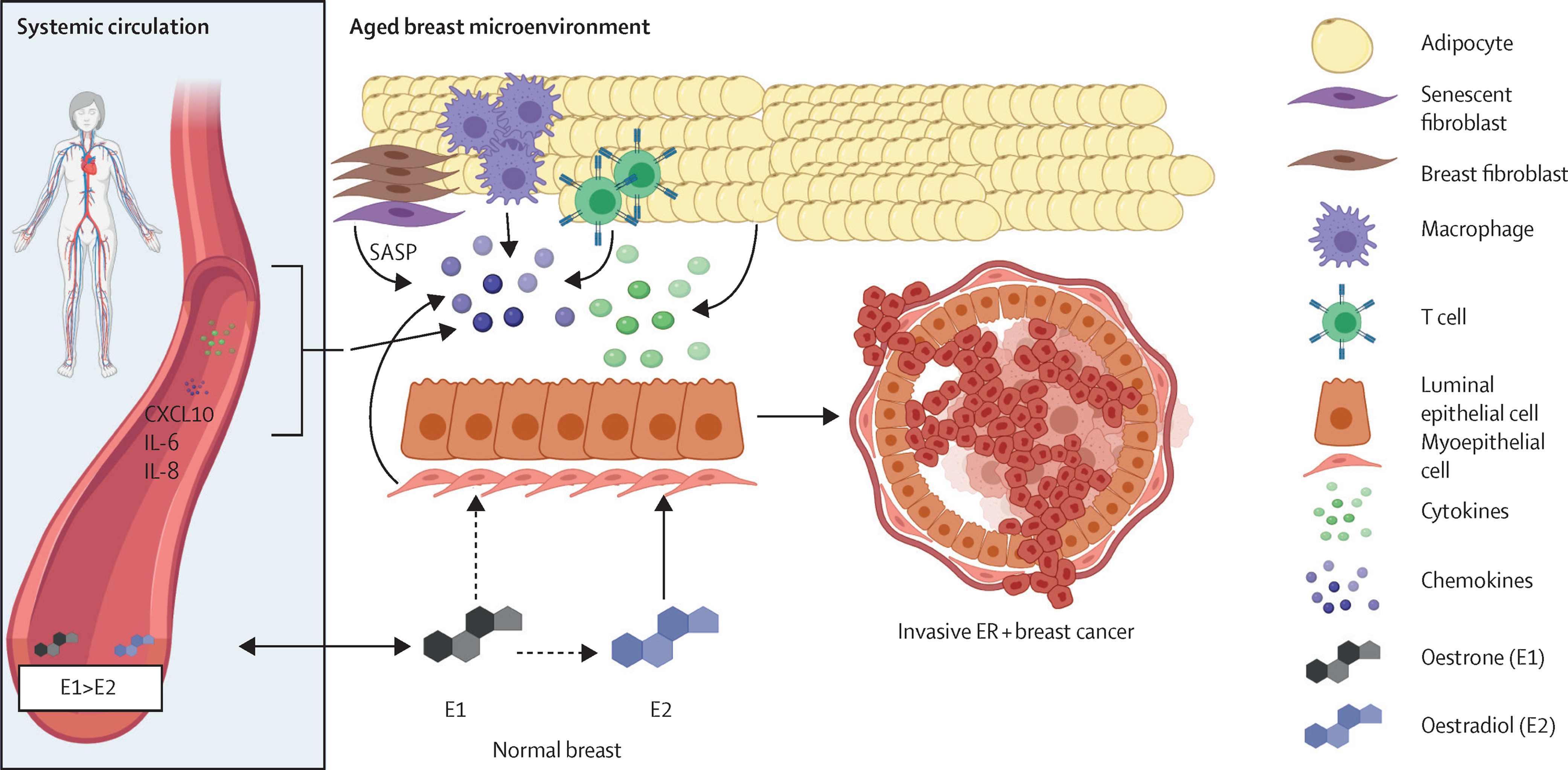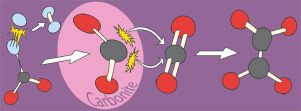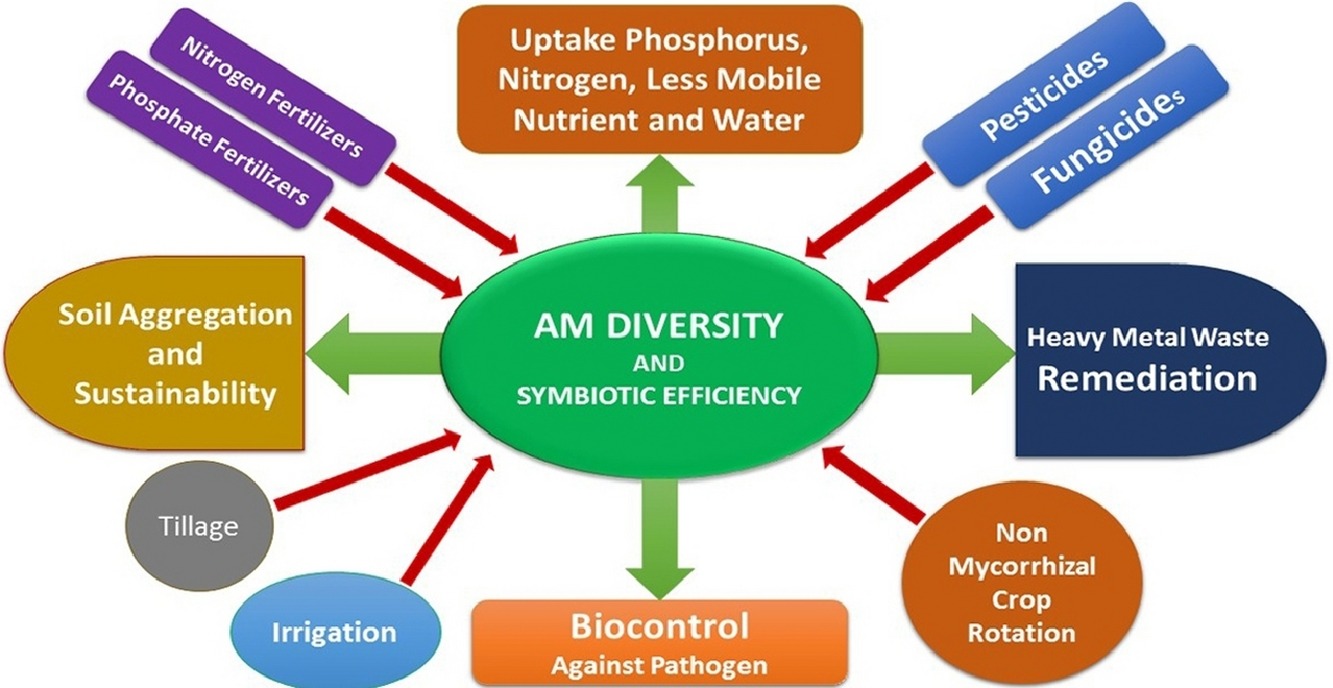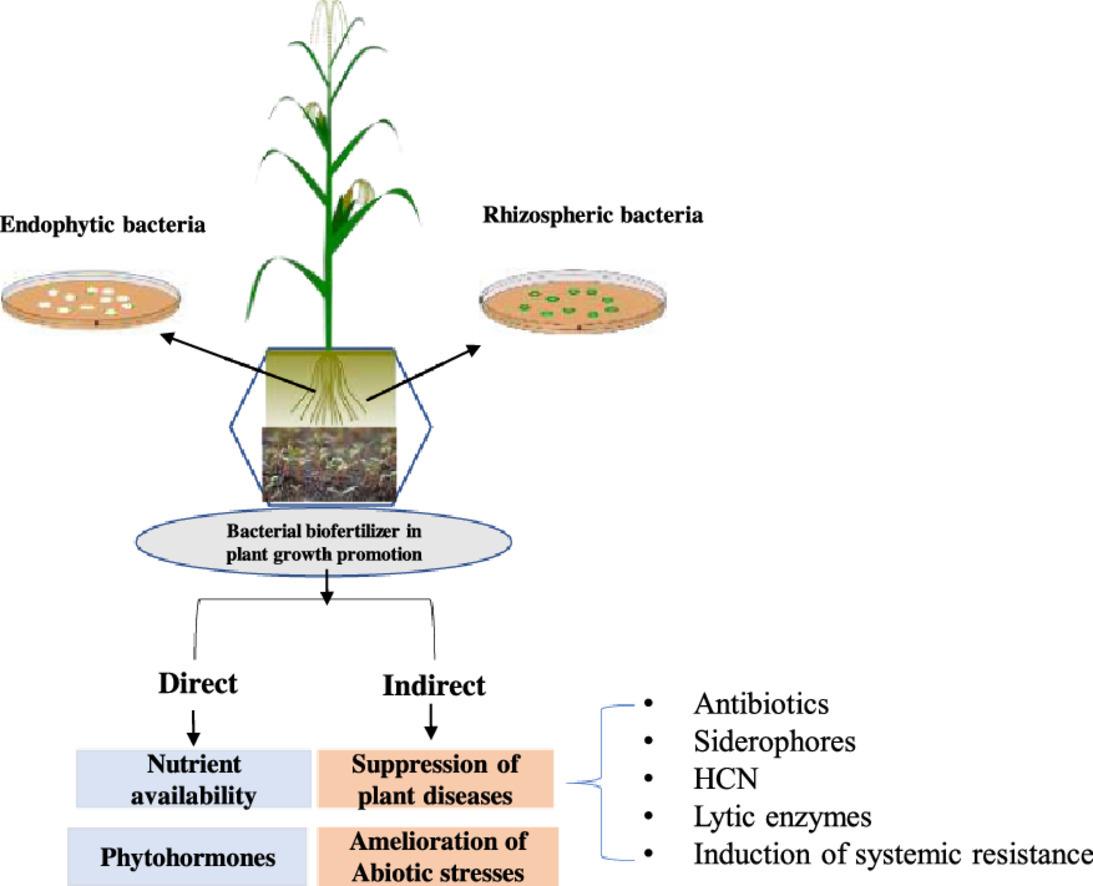This cross-sectional study finds that younger age group (18–35 years) and female cancer patients appear to be more prone to distress and warrant more attention from health care staff and caretakers.
Elsevier,
Emerging Contaminants in the Environment: Challenges and Sustainable Practices, Volume 1, 1 January 2022
This chapter aligns with Goal 6: Clean water and sanitation and Goal 14: Life below water by prodiving an overview of environmental plastic abundance, sources and mitigation strategies.
This is a methods paper to quantify HIV reservoir. This high-throughput cross-subtype reservoir assay will be useful in HIV cure research in Africa and Asia, where HIV prevalence is highest.
Acquired immunodeficiency syndrome (AIDS) is a disease arising from human immunodeficiency virus (HIV). Antiretroviral therapy (ART) is a main therapeutic regimen for inhibiting HIV proliferation and viability. Identification of differentially expressed genes (DEGs) in HIV-infected patients with and without ART could provide theoretical evidence for deep research into the efficacy of ART and corresponding mechanism.
This chapter reviews loneliness from various view points including: immigrants, women, dependents, LGTBI
This content aligns with Goal 3: Good Health and Wellbeing as well as Goal 10: Reducing Inequalities by providing diagnostic occlusion and investigative occlusion for better patient outcomes..
This Review supports SDGs 3 and 5, focusing on screening, detection, and treatment of oestrogen receptor-positive breast cancers in older women, particularly in relation to recent moves to de-escalate some interventions for this population.
This article supports SDG 13. CO2 utilization conversion is increasingly important, but the conversion to valuable chemicals is often energy-intensive. This article is related to SDG13 and describes a new way of making oxalic acid from supercritical CO2 at lower temperatures.
The present review highlights on the issues of hindrances in applicability of Arbuscular Mycorrhizal (AM) to the agricultural fields focusing on the mode of functions, maintaining soil and environmental sustainability; interactions with other biofertilizers and impact of various agrochemicals and agro-practices including tillage and crop rotation.
This review critically examines the current state-of-art on use of microbial strains as biofertilizers and the important roles performed by these beneficial microbes in maintaining soil fertility and enhancing crop productivity.





